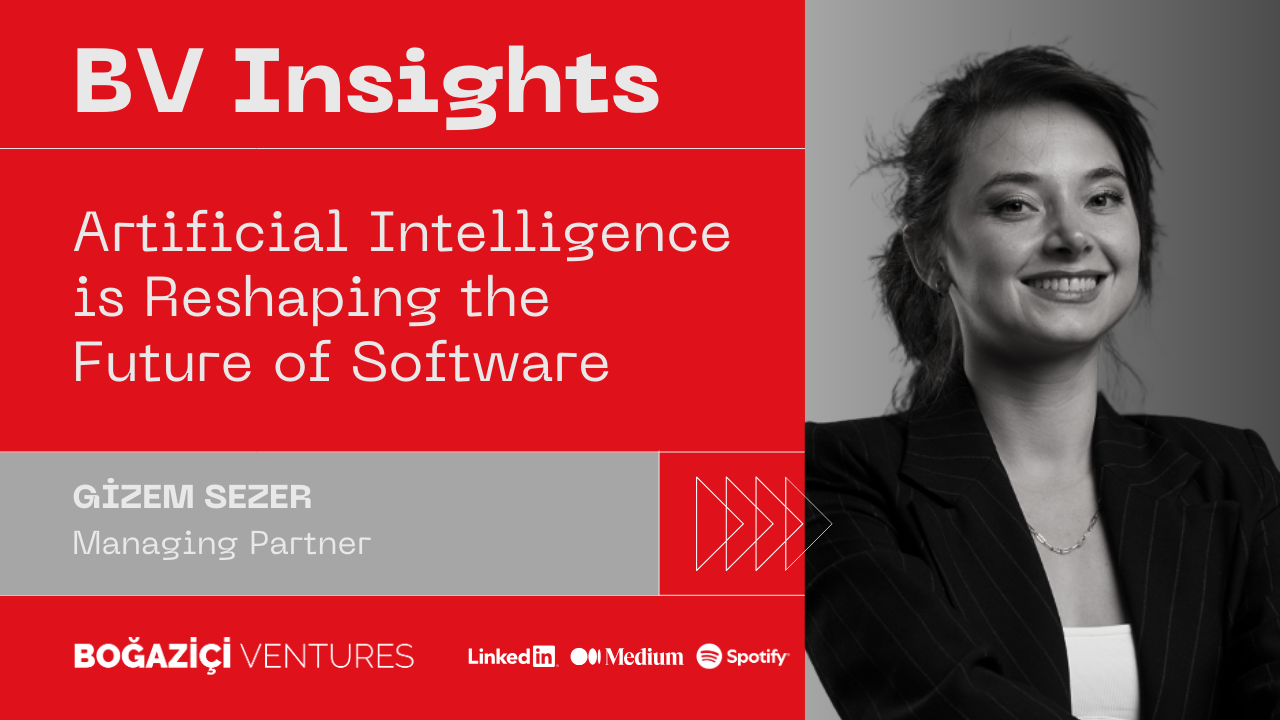Lessons for Managers from Artificial Intelligence
In today’s business and technology landscape, it’s nearly impossible to find content that doesn’t mention Artificial Intelligence (AI). Some call it the greatest transformational opportunity since the invention of electricity, while others describe it as dangerous as nuclear weapons. Between these extremes, we try to chart our own path.

In today’s business and technology landscape, it’s nearly impossible to find content that doesn’t mention Artificial Intelligence (AI). Some call it the greatest transformational opportunity since the invention of electricity, while others describe it as dangerous as nuclear weapons. Between these extremes, we try to chart our own path.
We often hear that AI threatens many professions—and this threat has now reached even executive roles. But here’s the real question: can managers whose jobs feel threatened by AI actually learn from it and turn this threat into an advantage? Let’s explore this together.
At its core, AI is powered by three fundamental elements: high-capacity computers as its engine, algorithms as its intelligence, and data as its fuel.
While algorithms may sound cold and technical, they are in fact modern reflections of disciplines humanity has been refining for centuries—algebra, statistics, optimization. In that sense, every algorithm carries the collective legacy of human scientific progress. And the principles that guide algorithms can also offer valuable lessons for managers.
What Managers Can Learn from AI
Being Open to Learning
AI scans massive datasets, connecting insights across disciplines—from philosophy to politics, economics to psychology. With each new input, it renews itself. Likewise, managers should remain open not only to their own expertise but also to ideas from other fields. For example, a marketing executive inspired by sociology or psychology can understand consumer behavior far more deeply. Drawing from multiple disciplines unlocks creative solutions in management.
Navigating Uncertainty
AI systems often work with incomplete or biased data but learn to adapt with flexibility. They follow rules but also account for exceptions. Similarly, managers know things don’t always go as planned. Rules matter—but knowing when to bend them can make all the difference. A company that values customer satisfaction might extend a return policy for a genuine case, while still applying rules to those who abuse goodwill.
Shedding Biases
AI starts from zero assumptions, analyzing data without prejudice and testing multiple perspectives to uncover truth. Managers, too, must recognize and challenge their own biases. This self-awareness fuels both innovation and a healthy work culture.
Being Data-Driven
AI doesn’t just read data; it uncovers relationships, patterns, and inconsistencies to generate new insights. It uses what it knows to figure out what it doesn’t. Managers must develop the same ability—drawing meaningful conclusions even from incomplete knowledge. For instance, understanding whether a sales spike comes from strategy or external factors is key to making the right decisions for the future.
Acting with Emotional Intelligence
While AI lacks emotional intelligence, it still operates by certain principles: tolerance for errors, non-reactivity, and adaptability. For managers, empathy makes a world of difference. Instead of treating an anxious employee only through the lens of performance, having a genuine conversation and offering support can sometimes be the most effective solution.
Embracing Failure
AI systems are not flawless; they make mistakes. Yet, thanks to their speed and accuracy, they are still widely accepted. Managers, too, should embrace the possibility of failure. Experimenting, trusting teammates, and taking risks are inevitable. What matters is learning from mistakes. Assigning a new responsibility to a team member may not always succeed—but it can boost confidence and growth.
Growing Through Trial and Error
AI models constantly evolve through trial and error. Every failure brings a lesson for the next cycle. Managers must adopt the same mindset—take risks, listen to feedback, and continuously improve.
Staying Goal-Oriented
AI always keeps its objectives at the center, asking how it can achieve them better. Managers should do the same. By truly understanding their team, customers, and company priorities, they can drive both personal and organizational success.
The Takeaway
A manager with these qualities—whether “artificially” or “naturally” intelligent—will always add value to a company. Today’s most sought-after leaders are those who integrate AI’s capabilities into their teams and organizations.
In this article, I’ve suggested one way to achieve this: by taking inspiration from how AI itself works. Perhaps the next topic should be: “How can we turn AI into tangible business value?”
One final note: I deliberately used the word “manager” rather than “leader” in the title. That’s because certain qualities—like inspiring others, unleashing potential, or envisioning new markets—remain uniquely human.
The future belongs to those who can combine the power of AI with the imagination of the human spirit.
What other lessons do you think managers could learn from AI?
For more than a decade, we have been dedicated to strengthening Turkey’s technology entrepreneurship ecosystem. With deep expertise and a powerful network, we support founders in creating lasting value. At Boğaziçi Ventures, we shape our investments by harnessing technology across multiple verticals to deliver sustainable and intelligent solutions.
- Entrepreneurs can apply for investment discussions at [email protected]
- Join our global network and grow your technology venture today!


